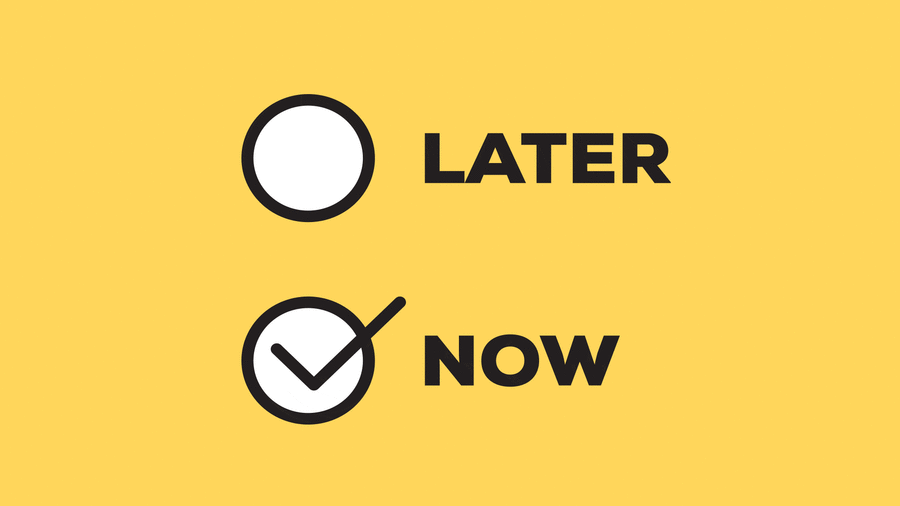How to be more efficient: stop 'precrastinating'
Curated from: bbc.com
Ideas, facts & insights covering these topics:
3 ideas
·2.65K reads
28
Explore the World's Best Ideas
Join today and uncover 100+ curated journeys from 50+ topics. Unlock access to our mobile app with extensive features.
Precrastination
In our quest to beat procrastination, is it possible to go too far. Precrastination is a tendency to rush too quickly into the pending tasks, and can be a wasteful mental effort towards what might have been a stress-free task, if a bit of planning was applied.
Example: A person who is precrastinating would hurriedly read and respond to all emails lying in the inbox, depleting precious energy on pseudo-work, energy that could have been used at something more important.
379
1.16K reads
Reasons for Precrastination
The work in front of us seems urgent, even though it may not be important, and we are instinctively wired to complete it. If something is immediately available to us, we instinctively go for it.
Short-term tasks that seemingly would take five minutes to complete are done first. We also have an eagerness to please and conscientiousness (our desire to do our duties thoroughly) that make us precrastinators.
317
732 reads
Don't Do Everything
Chronic Precrastinators must understand that it is ok to ‘not’ do trivial things right away and to use that mental energy and willpower to work on something substantial and important.
In today’s world, it should be okay to slow down, to be deliberate and mindful.
352
756 reads
IDEAS CURATED BY
Xander A.'s ideas are part of this journey:
Learn more about timemanagement with this collection
How to strengthen your willpower
How to overcome temptation and distractions
The role of motivation in willpower
Related collections
Similar ideas
4 ideas
Are You a Procrastinator, or Just Efficient?
psychologytoday.com
3 ideas
How to Beat Procrastination
hbr.org
7 ideas
Read & Learn
20x Faster
without
deepstash
with
deepstash
with
deepstash
Personalized microlearning
—
100+ Learning Journeys
—
Access to 200,000+ ideas
—
Access to the mobile app
—
Unlimited idea saving
—
—
Unlimited history
—
—
Unlimited listening to ideas
—
—
Downloading & offline access
—
—
Supercharge your mind with one idea per day
Enter your email and spend 1 minute every day to learn something new.
I agree to receive email updates

